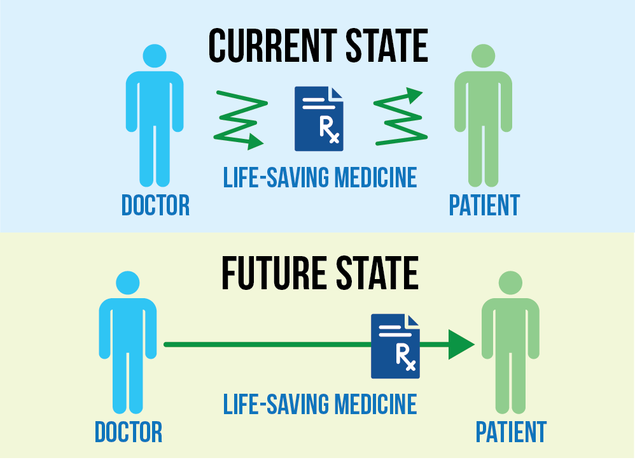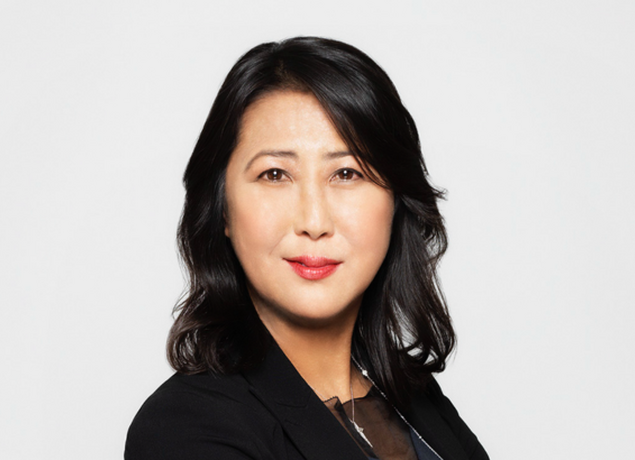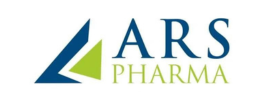Ready to Care
Patient communities, including those with food allergy and their families, are suffering because PBMs are keeping us from filling our medical prescriptions. Take action today.
Take ActionLet’s Make Care Count When It Matters Most
We live in a country built on breakthroughs. The promise is simple: innovation reaches patients. Powerful new medicines—discoveries from science, approved by regulators, brought to market by the companies that invent them—fulfill that promise. But too often, that promise gets broken not by science or the inventors, but by the systems in between.
Pharmacy Benefit Managers (PBMs) and insurance companies are inserting themselves into the most critical relationship we have, the one between patient and physician. They are delaying, denying, and driving up the cost of care for people whose safety depends on timely access to treatment.
Every delay is a potential death sentence.
Every added cost is a barrier to survival.
Every denial betrays the promise to protect patients.
Pharmacy Benefit Managers Are Preventing Access and Driving Up Prices of Life-Saving Medicine
Pharmacy Benefit Managers (PBMs) are the third-party companies that manage prescription drug benefits for health insurance companies and employers. They have been in place since the 1960s, serving as middlemen in the prescription drug supply chain.
As Congress moves closer to considering legislation aimed at reforming the structure and rules governing PBMs, we call for an increase of transparency and accountability in PBM practices.

33M+ People in the U.S. Live With Food Allergy
There are still those with food allergy who don’t have the one thing they need in a moment of crisis—epinephrine. New innovations in epinephrine now offer needle-free options. But in some health plans, access to these options remains blocked, even when lives are on the line.
Because this issue is so urgent, and affects so many people, FARE has released two versions of this public service announcement. One is specific to the concerns of the food allergy community, while the other speaks to all patients.
Barriers to Access for the Food Allergy Community
33 million people in the U.S. live with food allergy, which can cause a kind of life-threatening allergic reaction called anaphylaxis. The only first-line treatment that stops anaphylaxis is epinephrine. Our community has waited over 25 years for innovation and new food allergy treatments. Now, with new treatments available, we are being denied access and experiencing high wait times and complications.
In June 2025, FARE was in dialogue with 148 food allergy advocates to discuss their families' patient-experiences. Responses revealed significant barriers in their efforts to fill epinephrine prescriptions. Over a quarter of respondents live more than 20 minutes from an ER, making reliable epinephrine access even more critical.
Send Letter: For Food Allergy Patients
My insurance seems to frequently change what the insurance network covered [epinephrine] brand is. It takes multiple tries, since myself, the doctors, and the pharmacy have to guess and redo the whole prescription process more than once each time.
FARE Survey Respondent (June 2025)
Learn More About PBMs
From the American Medical Association (Summer 2025)
Policy Research Perspectives Competition in PBM Markets and Vertical Integration of Insurers with PBMs: 2025 Update
From the Federal Trade Commission (January 2025)
Specialty Generic Drugs: A Growing Profit Center for Vertically Integrated Pharmacy Benefit Managers
We need to support patients and advocate for their essential access to life-saving medications.
A Message from Sung Poblete, PhD, RN, FARE CEO
Please take this important step in letting insurance companies know how we feel about the ways that Pharmacy Benefit Managers have complicated our pursuit of medical care. We cannot wait on life-saving innovations in treatment and medication because of bureaucratic interference. By sharing your story, you are driving change.
On behalf of FARE (Food Allergy Research & Education), which helps more than 33 million people in the U.S. manage the journey of living with a disease that can cause life-threatening allergic reactions, I am grateful for this advocacy and support. FARE is united with the larger patient community.
With Appreciation,
Sung Poblete, PhD, RN
CEO of FARE




